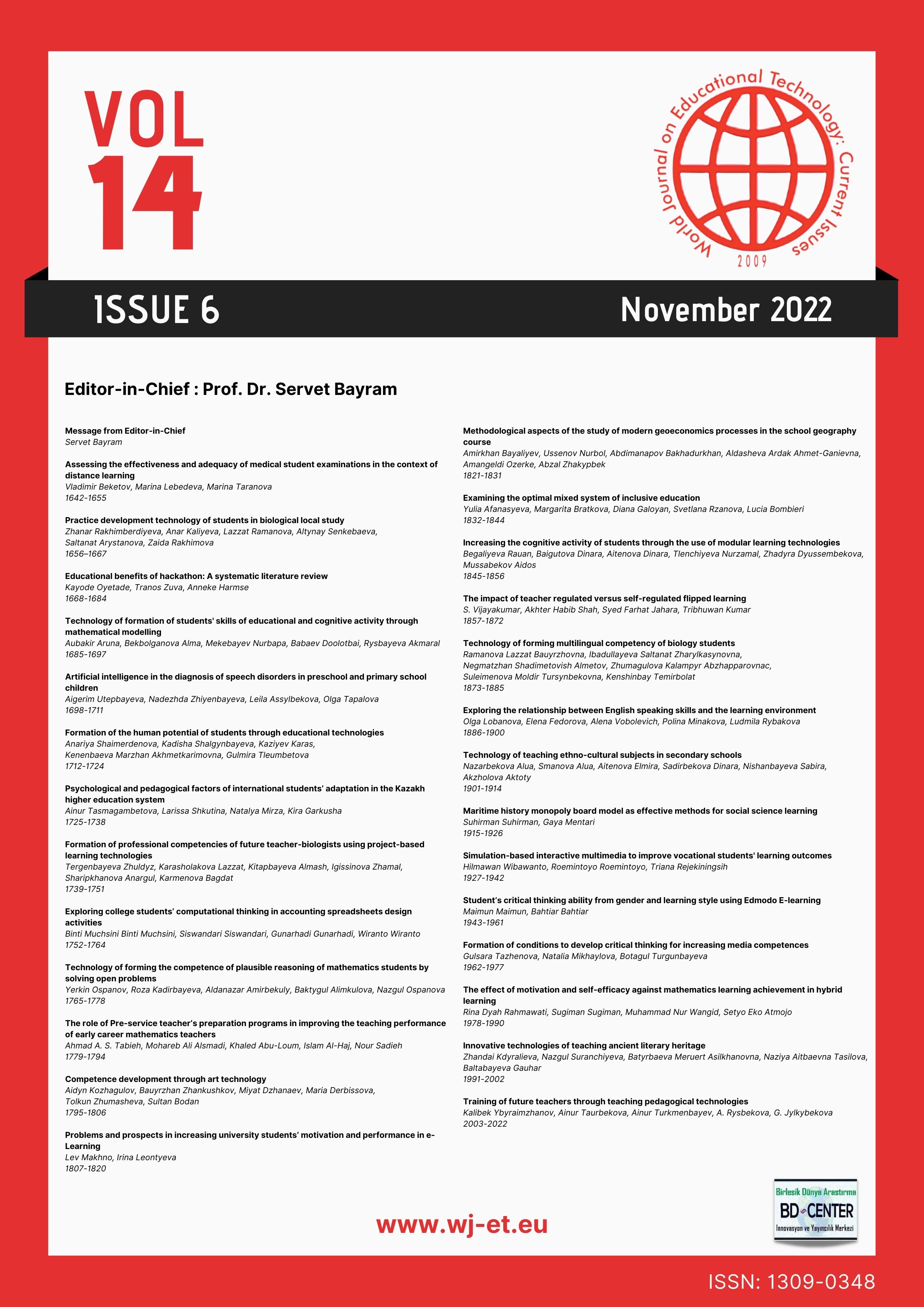The effect of motivation and self-efficacy against mathematics learning achievement in hybrid learning
Main Article Content
Abstract
The coronavirus disease 2019 pandemic still leaves problems, one of which is in the world of education. Online learning has not become the optimal alternative for learning mathematics, especially for elementary school students. Hybrid learning is learning that integrates face-to-face learning and online learning. Learning by including limited face-to-face meetings can be one of the considerations to deal with the characteristic needs of elementary school students. Therefore, the purpose of this study is to examine the effect of elementary school students’ mathematics learning motivation in hybrid learning on their learning achievement, the effect of elementary school students' mathematics self-efficacy in hybrid learning on their learning achievement and also the effect of elementary school students' motivation and mathematics self-efficacy in hybrid learning on learning achievement. The method used is regression analysis using SPSS 23.0. Previously, the prerequisite test and normality test were carried out. This research was conducted in 5 schools with a sample of 132 elementary school students. After the research was conducted, the results showed that partially the motivation and self-efficacy variables of students' mathematics influenced students’ achievement. The variable of mathematics self-efficacy affects the achievement of 20.1%. Mathematics self-efficacy affects the achievement of 20.7%. Meanwhile, the two independent variables also influence the learning achievement of elementary school students, which is 23.6%. From these data, it can be seen that the variables of mathematics self-efficacy and student learning motivation together have a more significant effect than their partial effect on elementary school students’ learning achievement.
Keywords: Hybrid learning, learning motivation, mathematics self-efficacy, learning achievement.
Downloads
Article Details

This work is licensed under a Creative Commons Attribution 4.0 International License.
World Journal on Educational Technology: Current Issues is an Open Access Journal. The copyright holder is the author/s. Licensee Birlesik Dunya Yenilik Arastirma ve Yayincilik Merkezi, North Nicosia, Cyprus. All articles can be downloaded free of charge. Articles published in the Journal are Open-Access articles distributed under CC-BY license [Attribution 4.0 International (CC BY 4.0)].
Birlesik Dunya Yenilik Arastirma ve Yayincilik Merkezi (BD-Center)is a gold open-access publisher. At the point of publication, all articles from our portfolio of journals are immediately and permanently accessible online free of charge. BD-Center articles are published under the CC-BY license [Attribution 4.0 International (CC BY 4.0)], which permits unrestricted use, distribution, and reproduction in any medium, provided the original authors and the source are credited.
